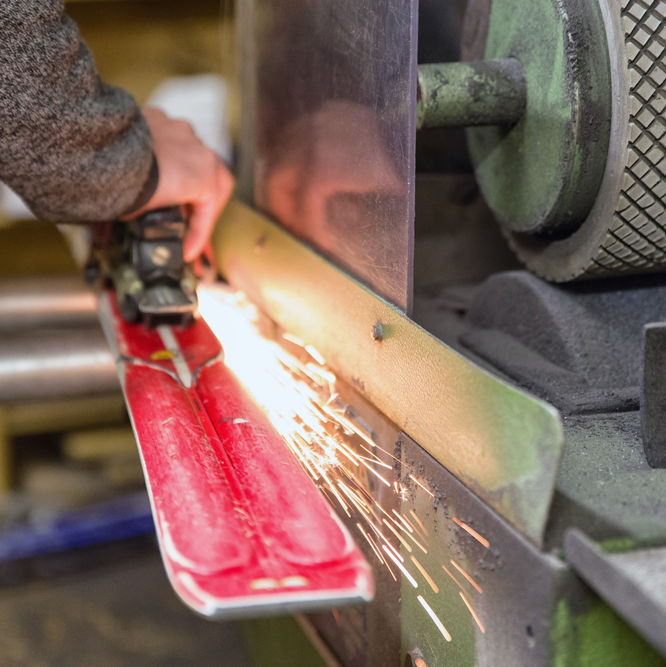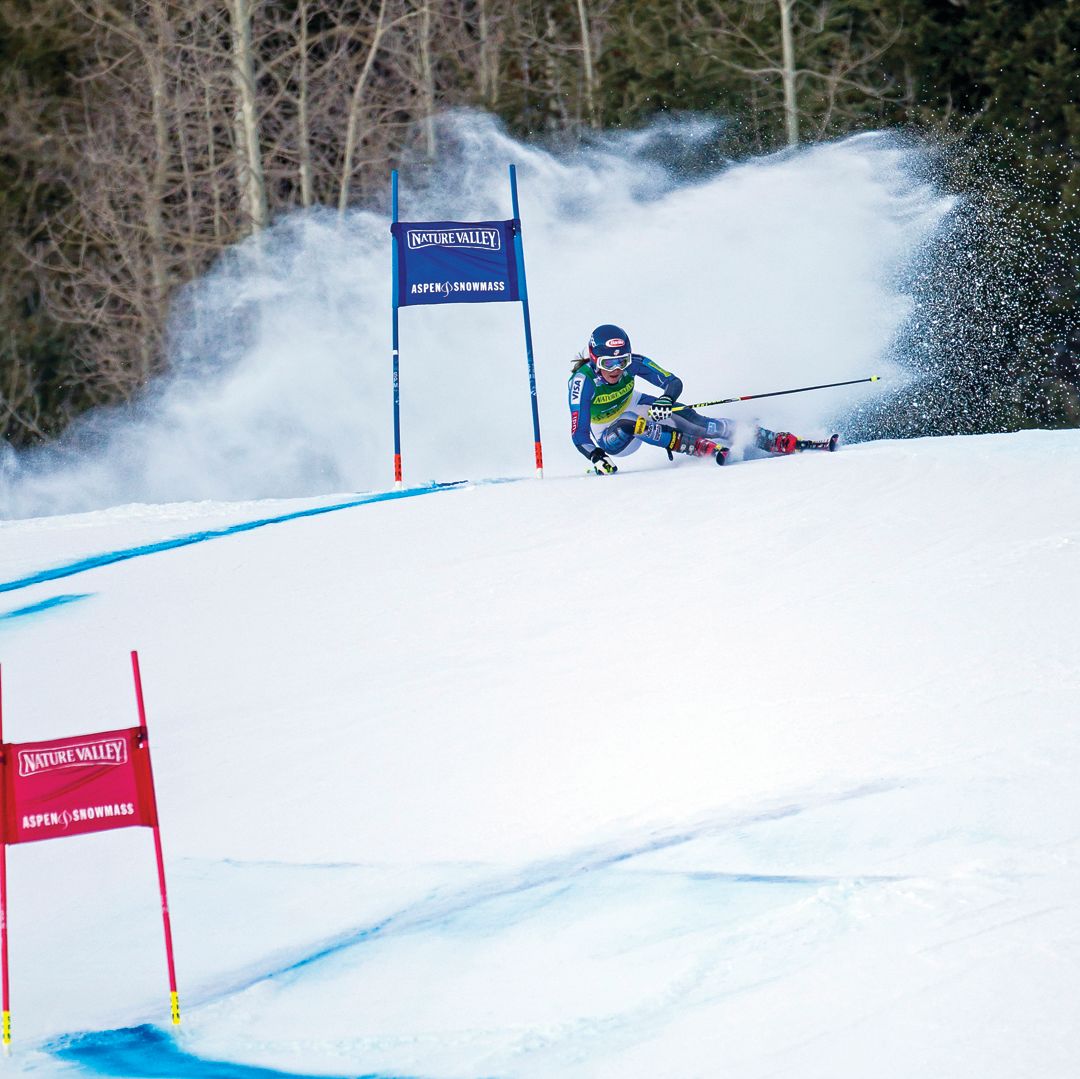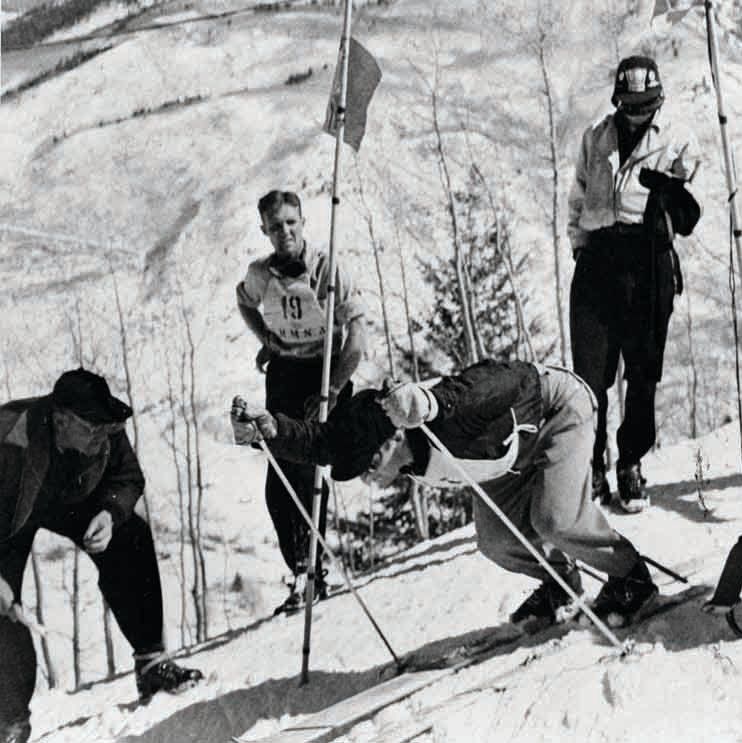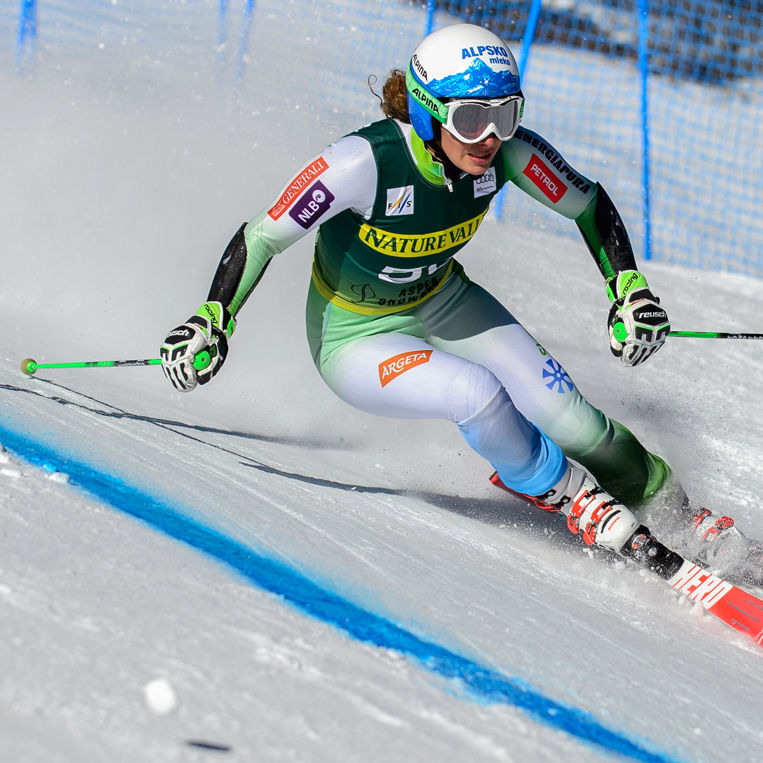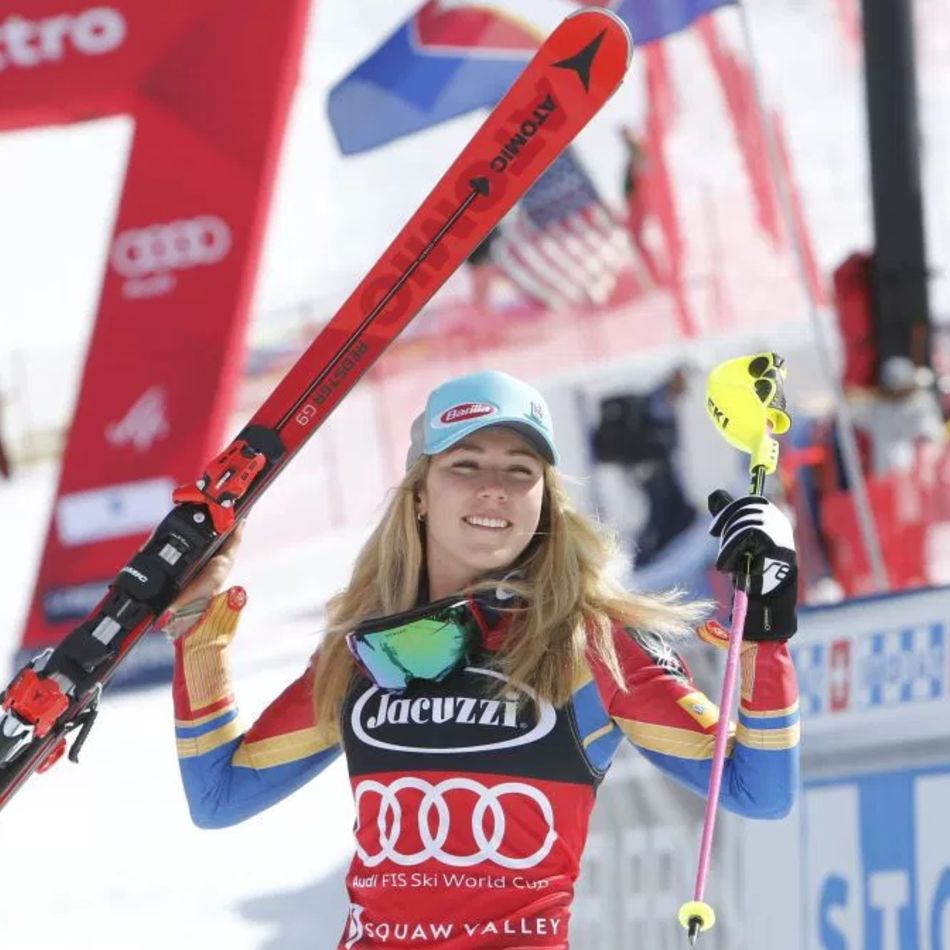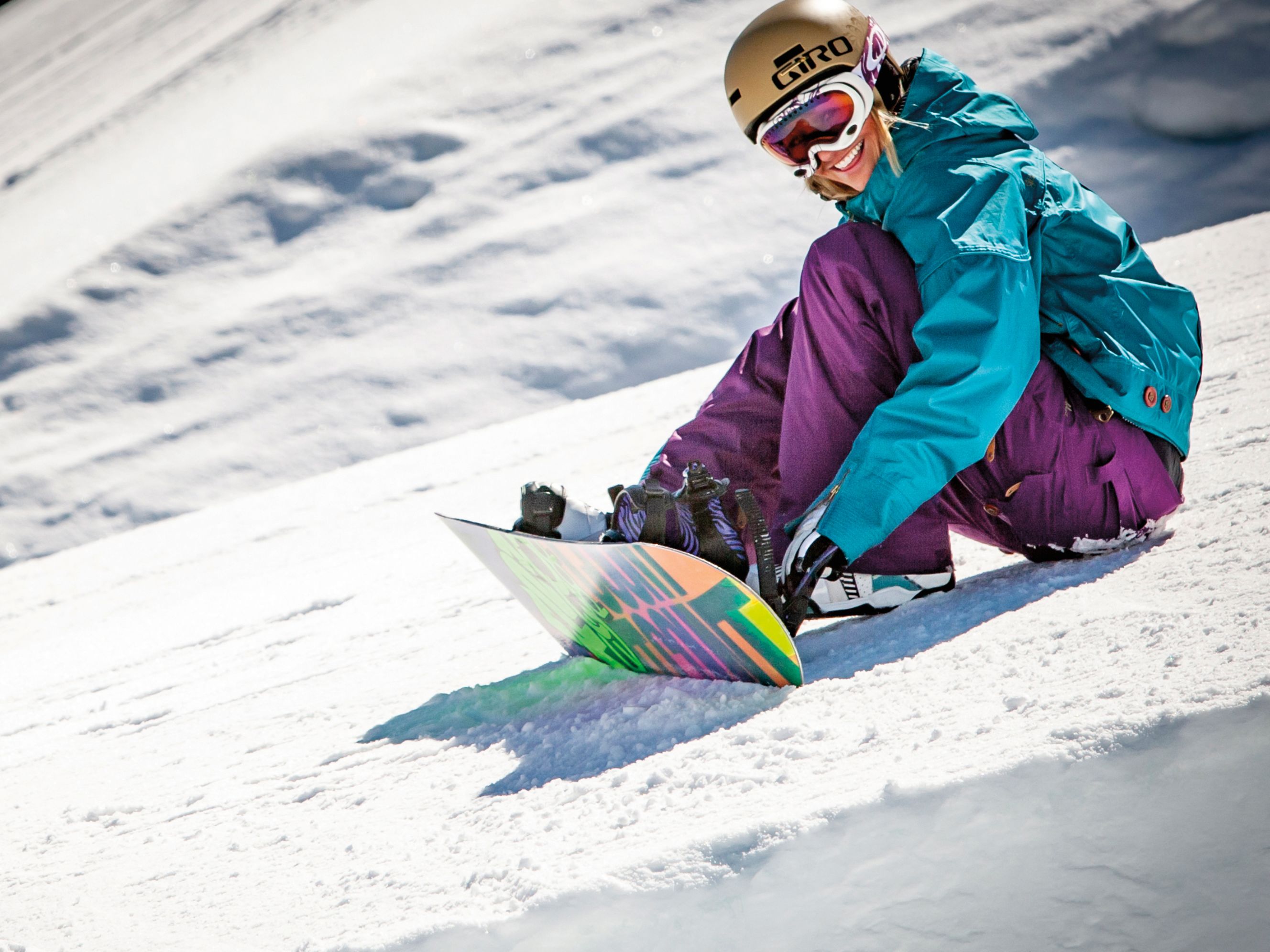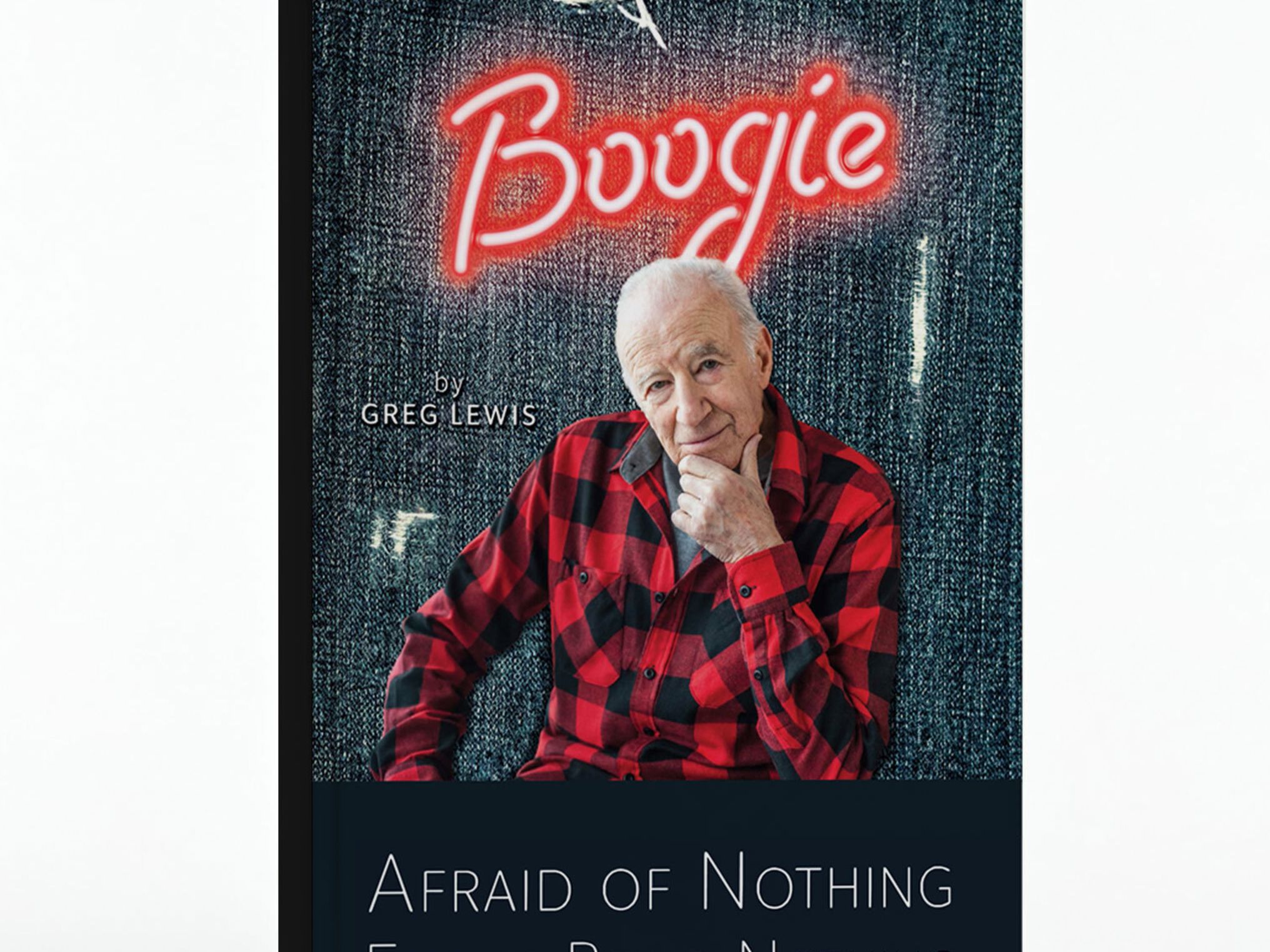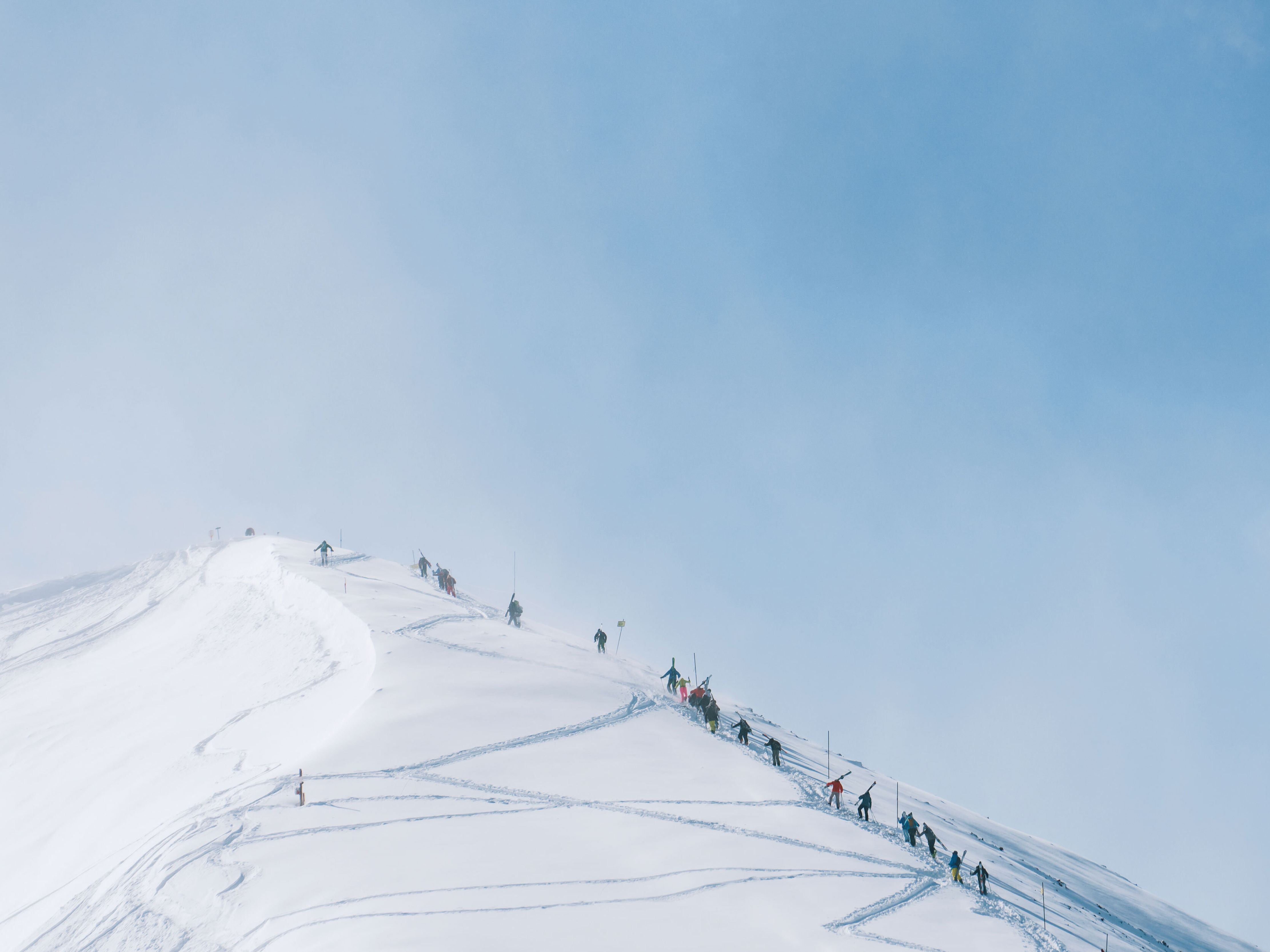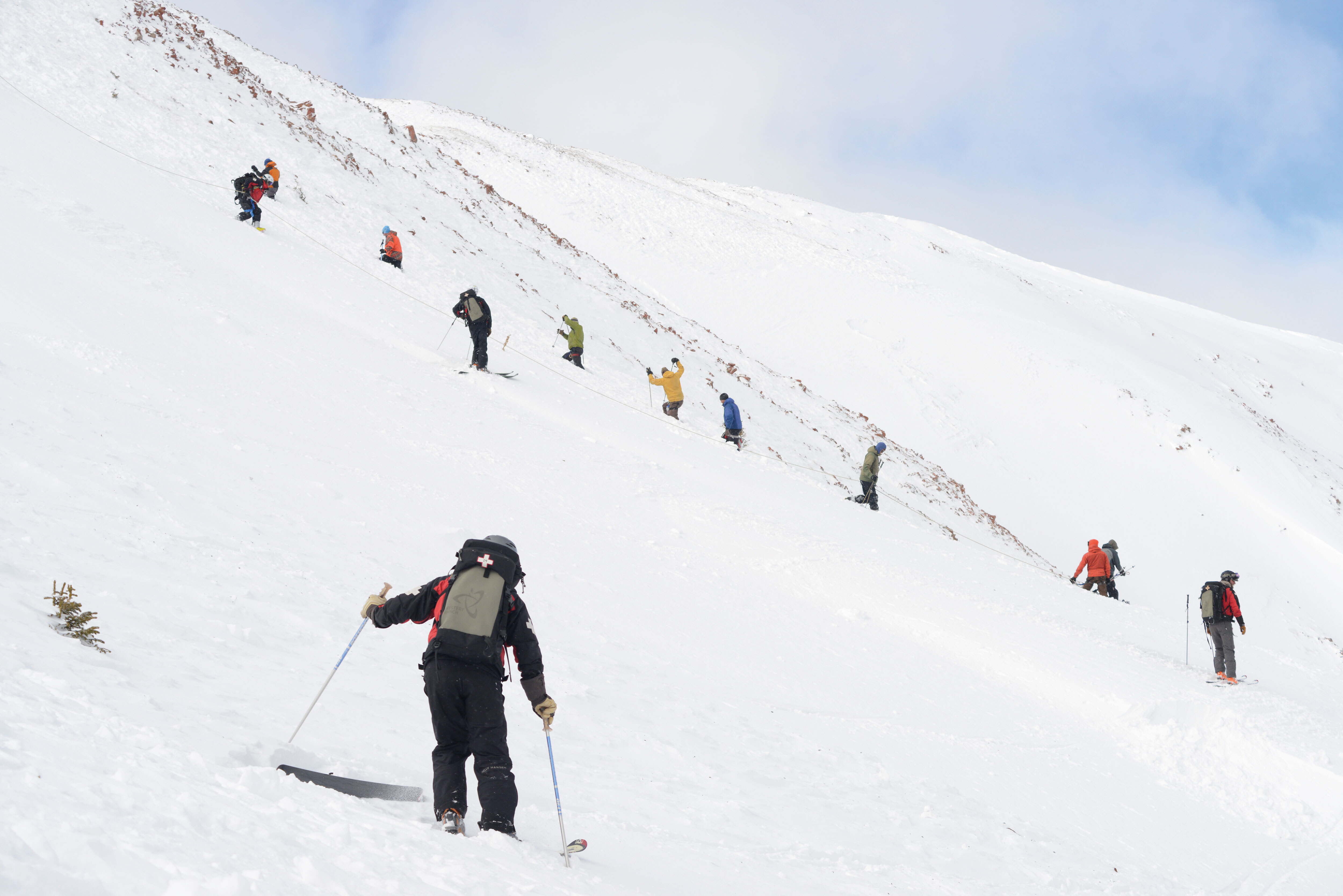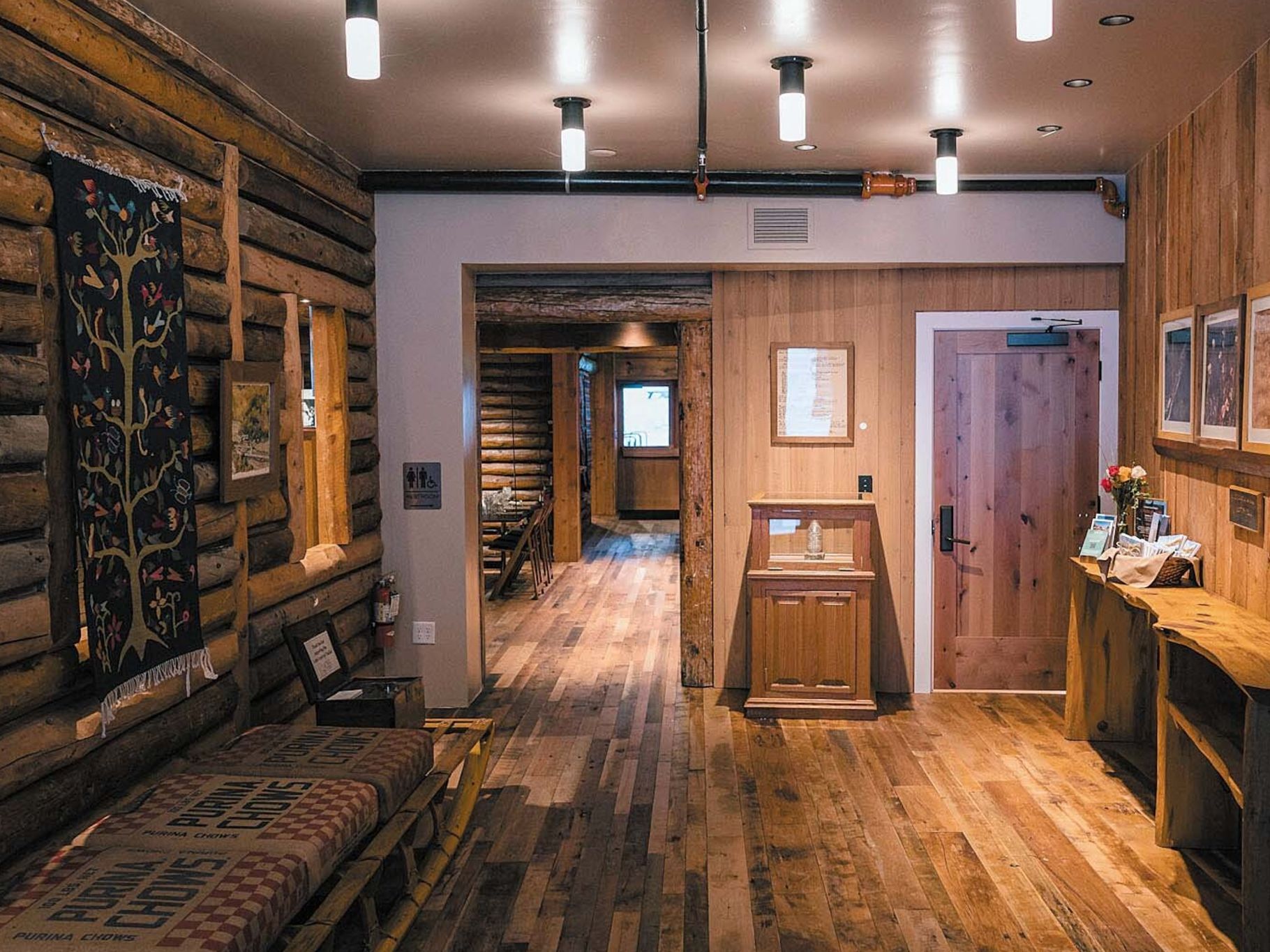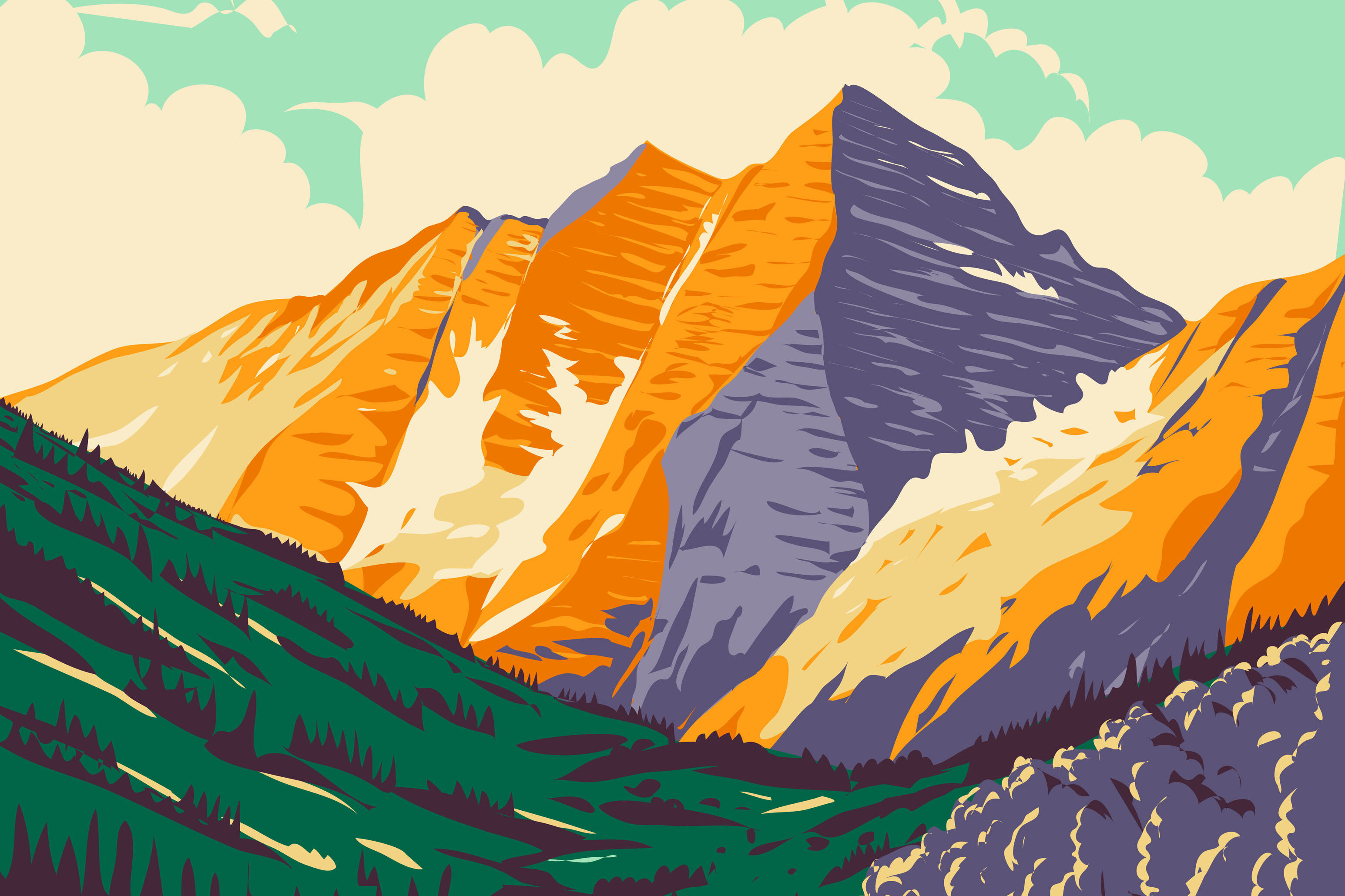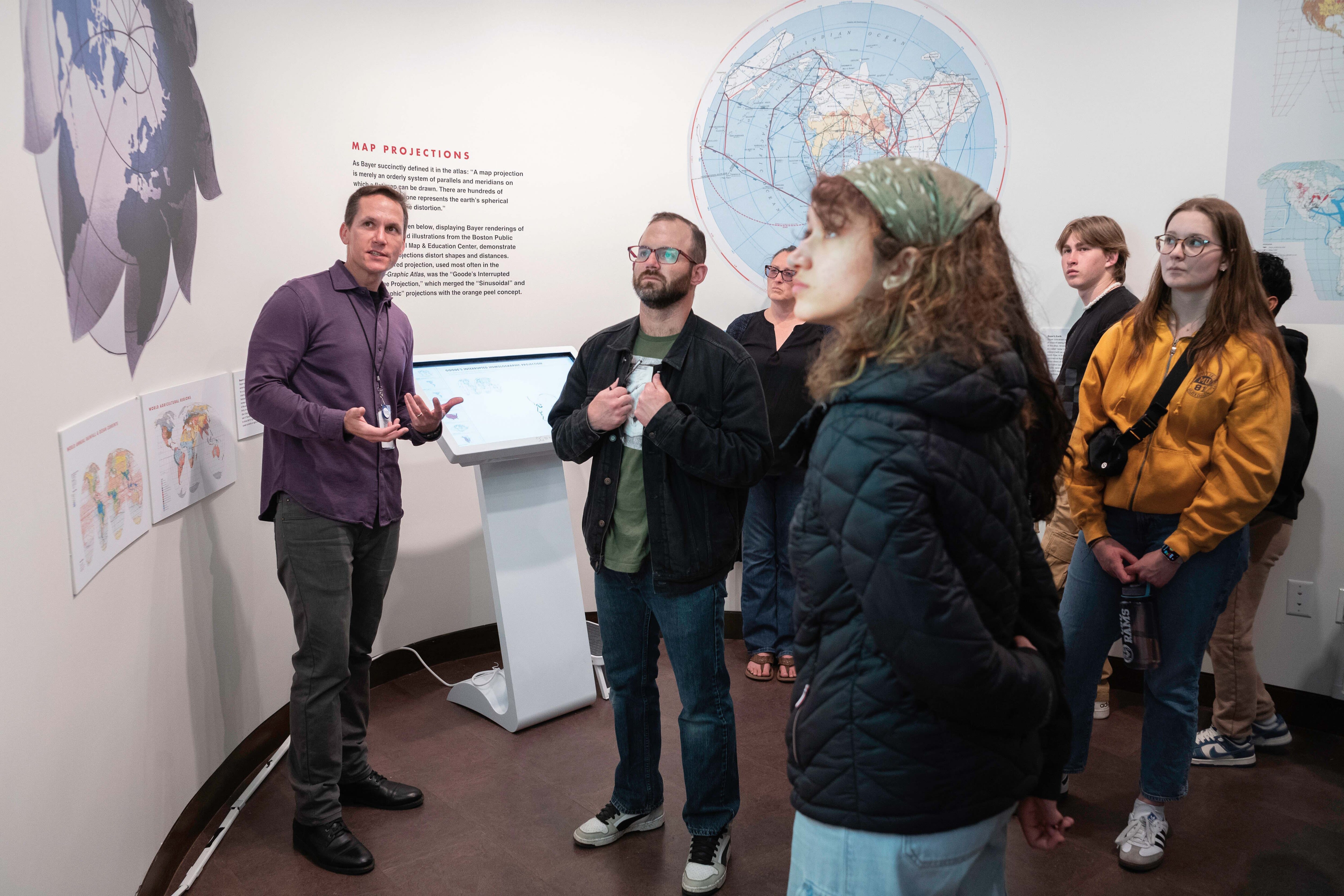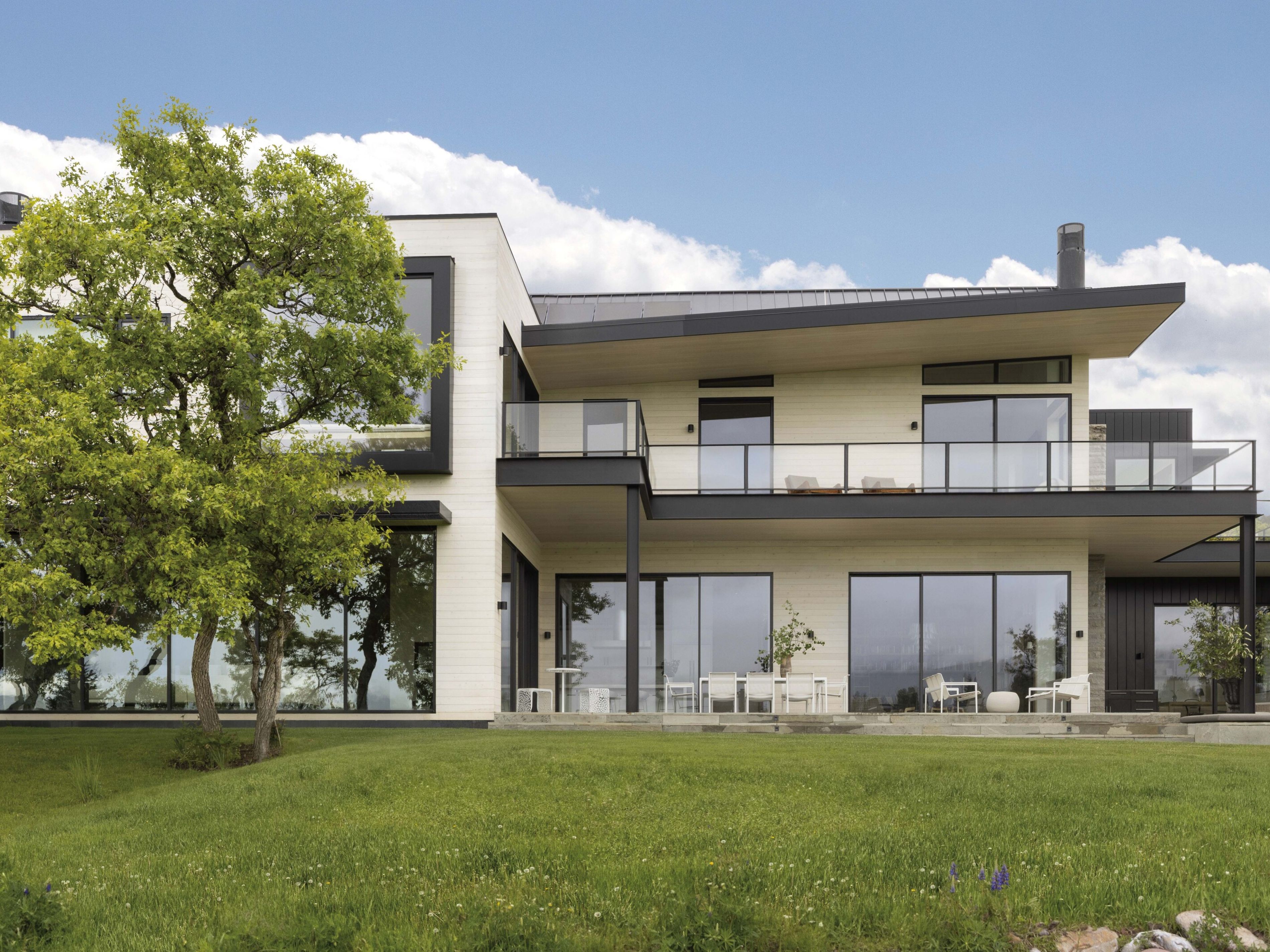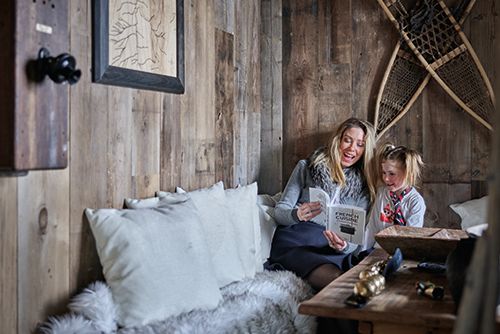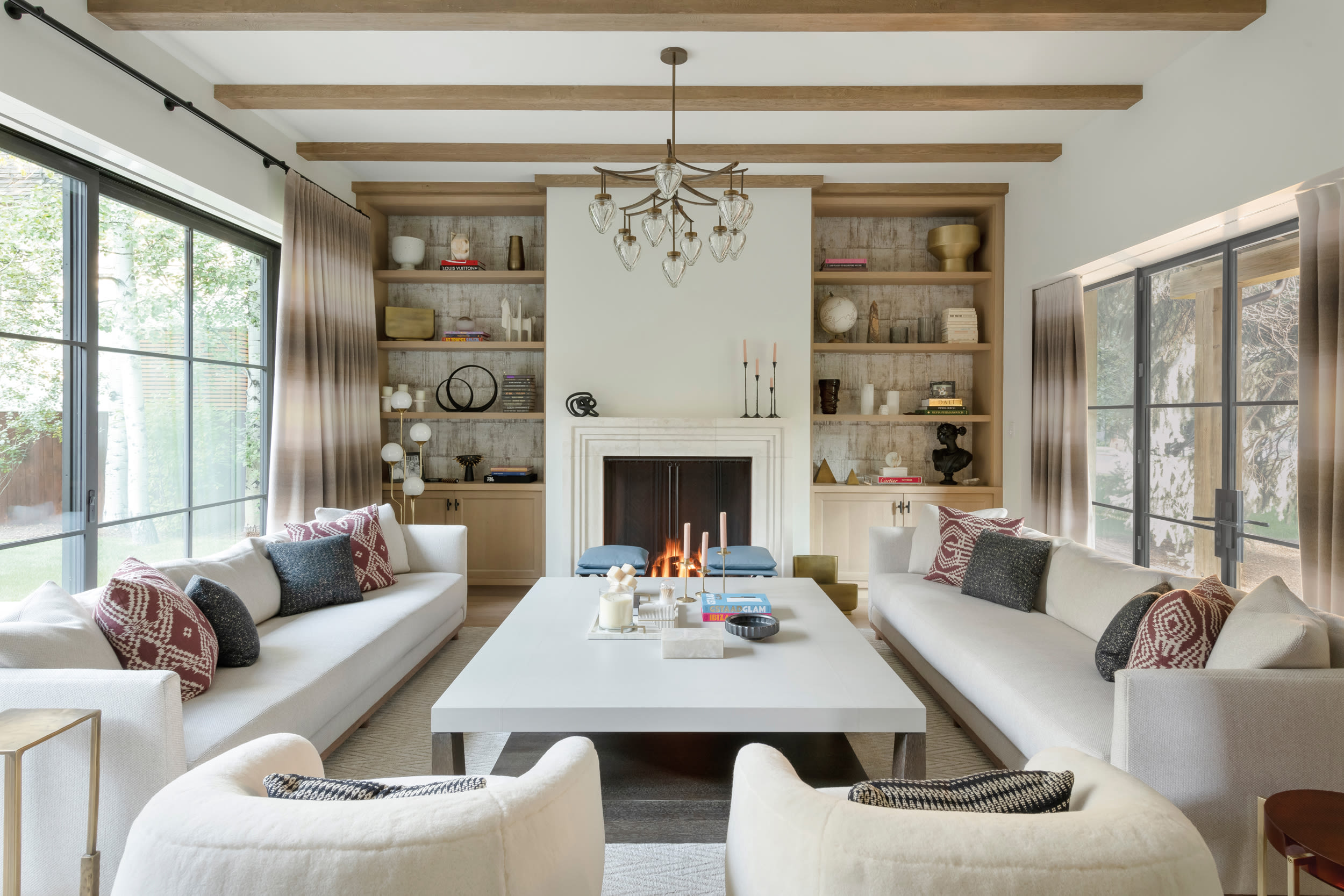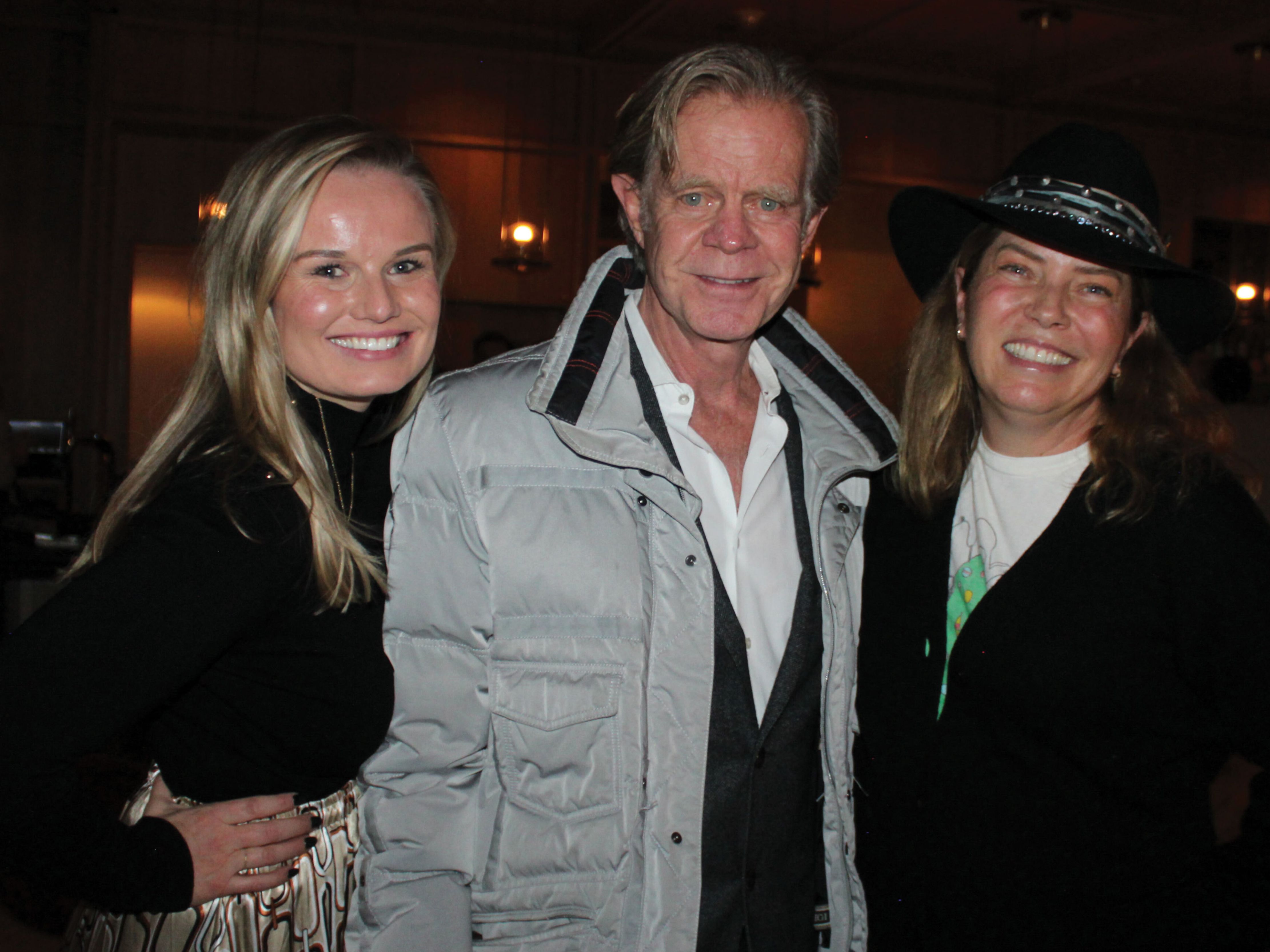Talking All Things World Cup With Its Pioneer Bob Beattie
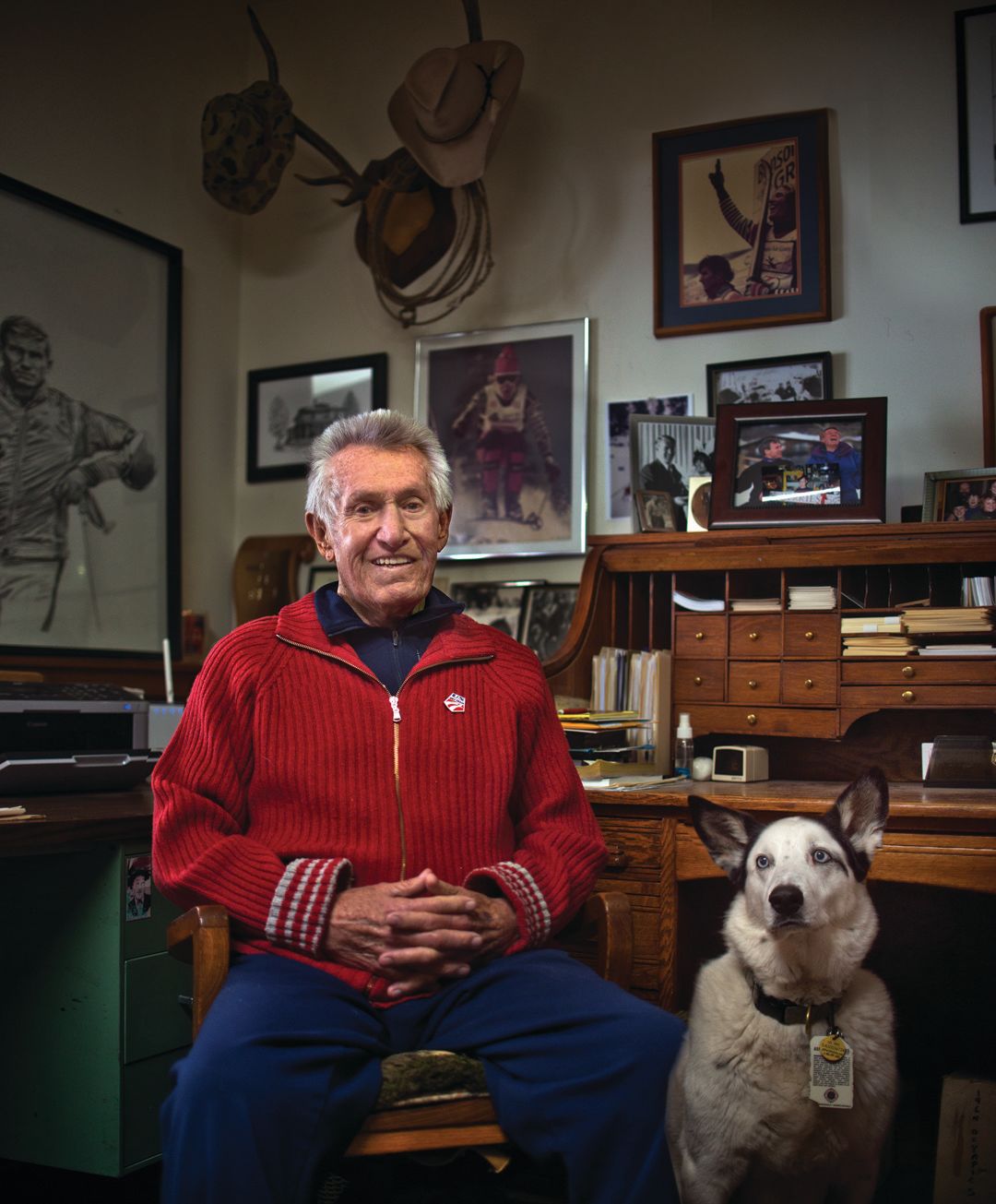
Bob Beattie at home with Summit.
Image: Karl Wolfgang
If there’s one person to credit with American participation in Euro-dominated ski racing, it’s Bob Beattie.
In the 1960s, he was a successful collegiate and US Ski Team coach (its first full-timer in that position), leading Billy Kidd and Jimmie Heuga to the first American Olympic medals in Alpine skiing, among other accomplishments. Ski racing was then mostly a disconnected series of events in Europe and North America that never attracted all the top racers at the same time. Beattie, along with French journalist Serge Lang and French ski team Alpine director Honoré Bonnet, conceived of an international tour connecting all the major competitions that, at the end of the season, would crown champions in each discipline and overall: the World Cup.
The idea worked “instantly,” says Beattie. Linking everything together generated more press and greater public interest, and, with regular North American stops, the World Cup established a more level competitive playing field for Americans, Canadians, and Europeans.
Fifty years later, Beattie, a longtime Woody Creek resident who also managed a pro ski tour and was a national sports commentator, reflects on the World Cup, ski racing in America, and the future.
Aspen Sojourner: What do American venues bring to the World Cup?
Bob Beattie: It brings interest in the United States. At times—and over the last few years—there have been very few World Cup races in the US, so the kids who grow up here and who are on the [US] Ski Team have to travel the whole time. They don’t get to be in front of the home crowd much, and that’s what it’s all about. In order to have world skiing, you need the US—that’s the magic formula right there.
AS: What makes Aspen stand out as a World Cup venue?
BB: From a ski racing standpoint, it’s an unbelievable mountain. There’s all kinds of terrain. The racers love to come here—it’s another world. Most places in Europe are a lot lower [in elevation], and the future doesn’t look good for lower-altitude resorts.
AS: What can be done to make ski racing more interesting for spectators?
BB: They need to change the format a little bit. It’s boring for a few reasons. The terrain has smoothed out a lot—it’s not bumpy and rough anymore. It’s all manmade snow, and the courses are set very nicely. Put more bumps in there! Also, just to see one racer coming down the mountain, they all look the same—not many people can tell one is better than the other. We need more dual racing, one against one.
AS: What about the X Games effect? Have freestyle events overshadowed ski racing?
BB: Those events are getting more attention, and that’s good for kids. X Games–type events in the last few Olympics saved the day because they brought a lot of young people into the picture and a lot of different attitudes.
AS: So how do you elevate interest in ski racing?
BB: It all needs to go through local clubs. We need good people involved and good coaching. Skiing is a big deal in Colorado, but in order for it to grow and make sense, we need to make ski racing exciting. All kids want to do is have fun—they don’t want to travel all the time on weekends, staying in hotels. I want to see all kids out there just skiing. And it needs to be affordable. If they’re good and they make the US Ski Team’s B or C teams, it costs them $20,000. That’s how you’re killing ski racing in America. Your reward should be making the team, not paying money.
AS: Why do you still love ski racing?
BB: It’s a competition unlike any other. It’s one winner, but it’s very personality oriented. You’ve got to tell those stories. Don’t hide them.
Celebrating Bob Beattie
Wednesday, March 15
Bob Beattie Ski Foundation Presents: 50 Years of Ski Racing
5-8 p.m., Hotel Jerome
$25, 50yearsofskiracing.com
Thursday, March 16
Bob Beattie Ski Foundation and Wheeler Opera House Present: Paul Ryan’s classic race films: Ski Racer, Karli and One for the Money
5:30 p.m., Wheeler Opera House
Free (ticket reservation required), wheeleroperahouse.com
